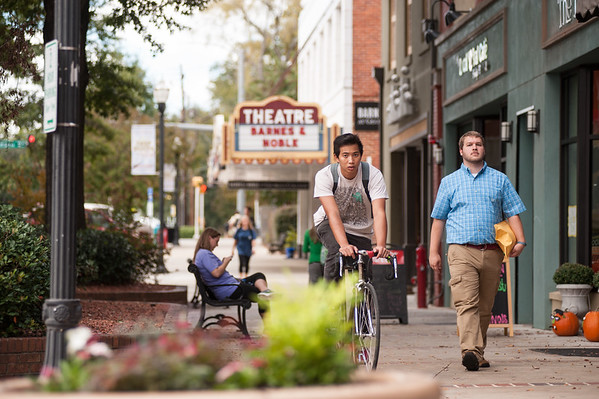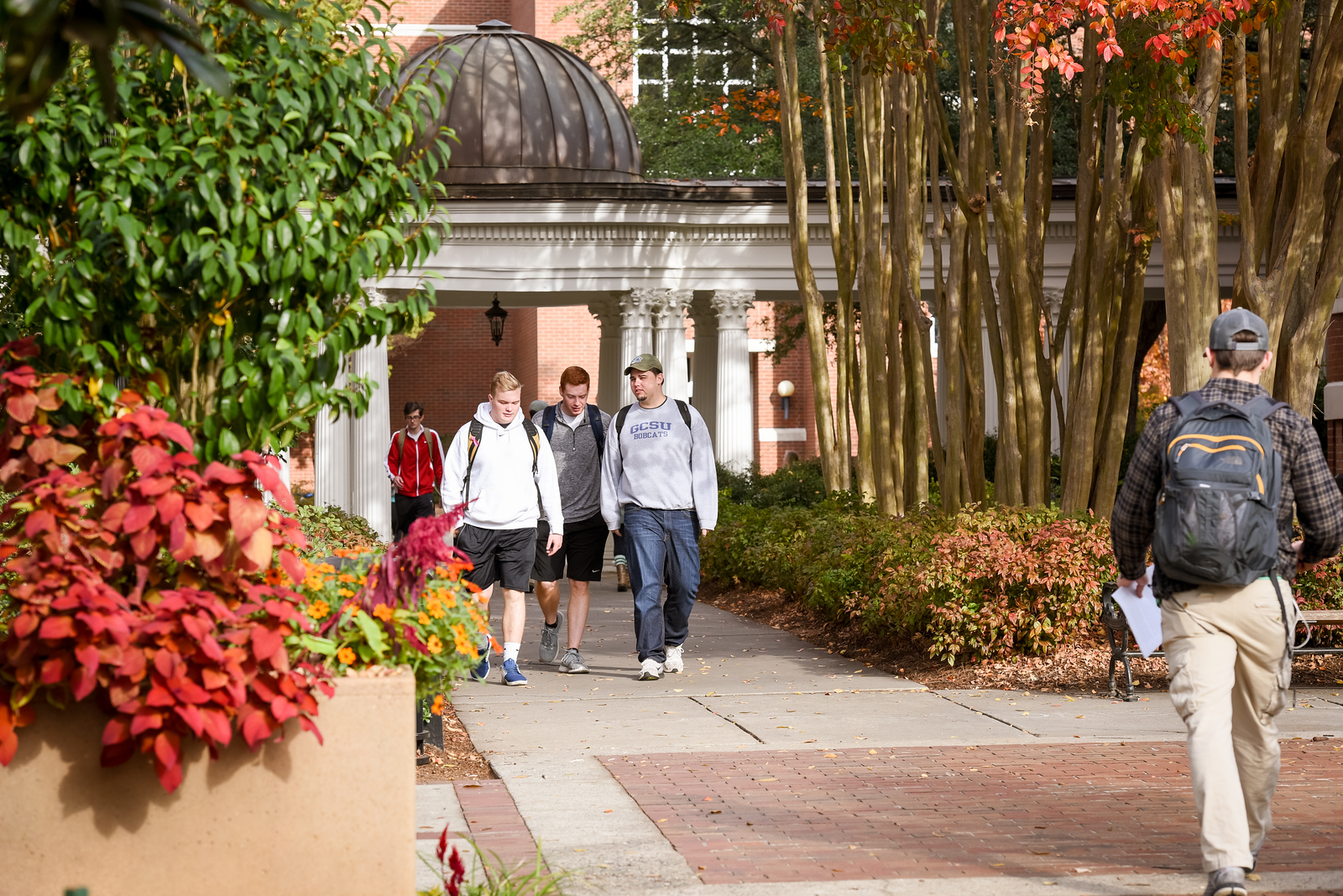GCSU’s impact on regional economy rises to $308 million
G eorgia College & State University’s economic impact in Central Georgia jumped to $308 million in 2023, up 1.8% over the previous year.
That figure marks a 9% increase—$26 million—over the past three years.
 The university continues to create jobs in the area, as well. According to a report released by the Selig Center for Economic Growth at the University of Georgia, GCSU generated more than 2,840 jobs in the local area, both on- and off-campus.
The university continues to create jobs in the area, as well. According to a report released by the Selig Center for Economic Growth at the University of Georgia, GCSU generated more than 2,840 jobs in the local area, both on- and off-campus.
“This amazing surge in our economic impact, plus the added income a college degree provides to our graduates, emphasizes the worth of a liberal arts education and our overall contributions to this community,” said GCSU President Cathy Cox
The study was commissioned by the University System of Georgia Board of Regents. Numbers are based on institutional spending for personnel services, operating expenses and student spending. Data was collected between July 1, 2022, and June 30, 2023.
In 2023, Georgia College generated 982 jobs on campus, while another 1,856 off-campus positions existed due to institution-related spending. Every campus job creates two jobs off campus, according to the study.
This economic impact extends to Baldwin, Bibb, Hancock, Jones, Putnam, Washington and Wilkinson counties.
In addition, 2023 graduates with a bachelor’s degree can expect to earn $1.4 million more throughout their lives.
“As the county’s largest employer, we are committed to improving lives on campus and beyond,” Cox said. “This economic value not only translates into jobs, higher incomes and spending in local restaurants and shops—but we also offer continuing education for adults, summer and sports camps for children and many free cultural events throughout the year.”

Learn more about the Advance Pillar in our Imagine 2030 Strategic Plan
